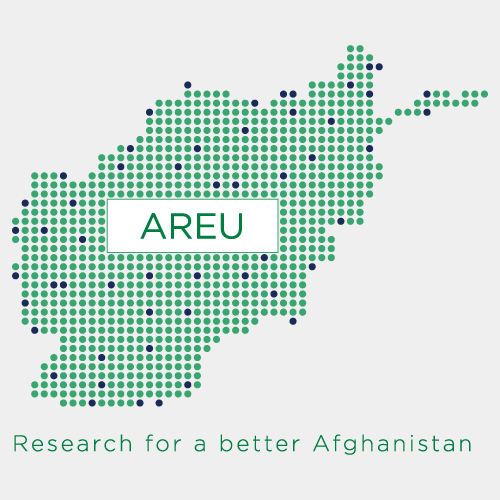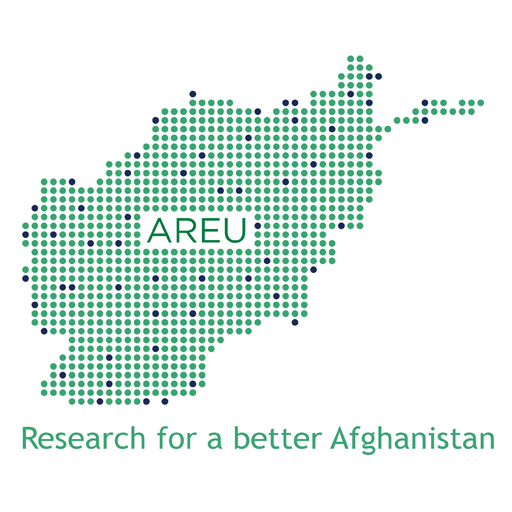
30 Nov Informal Credit and Microcredit Systems
“The binary or contrast of formal with informal credit presupposes an “either-or†choice…There are a number of reasons to be confident that this will not happen.â€
Between 2006 and 2010, AREU undertook two research projects that examined the respective roles of informal and microcredit systems in rural Afghan communities.
Evidence suggests that initial attempts to extend microcredit programmes were not informed by an understanding of existing systems of informal credit. Across multiple case studies, the majority of households were seen to be linked in some way to informal credit structures, which were often closely tied to the development and maintenance of social networks. Such exchanges of highly flexible, interest-free credit are used to fund weddings and assist in consumption smoothing and are rarely channeled toward investment. The design of microcredit programmes therefore needs to take place with an appreciation of how such schemes may interact or compete with existing credit systems. This should be accompanied by a shift in focus away from simply extending access to credit in favour of better-targeted programmes that place greater emphasis on the economic viability of clients.

